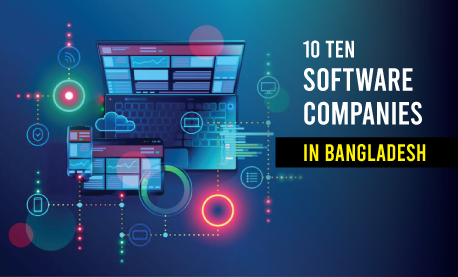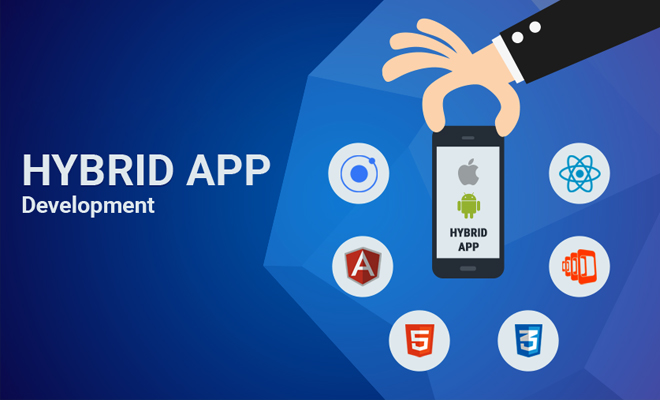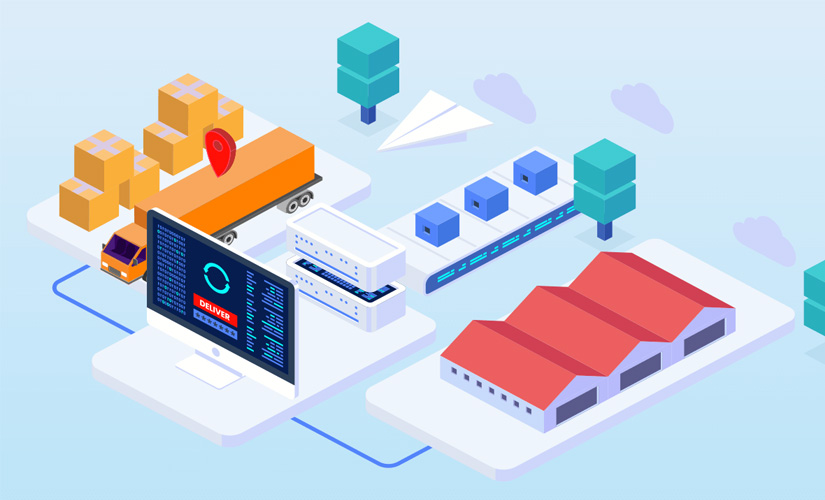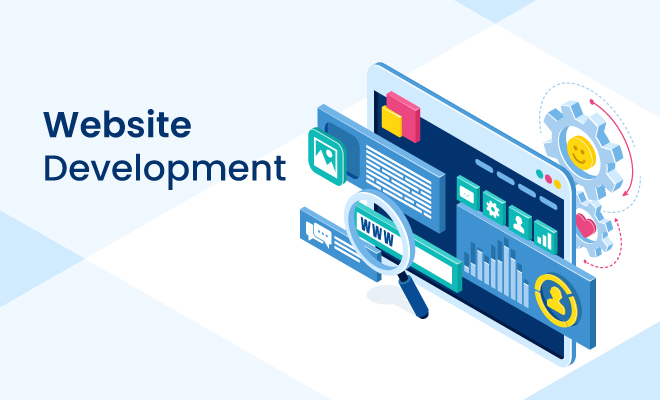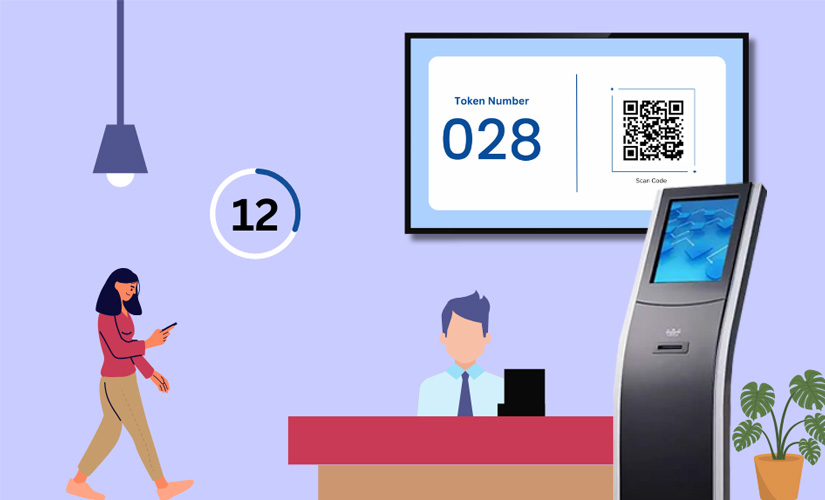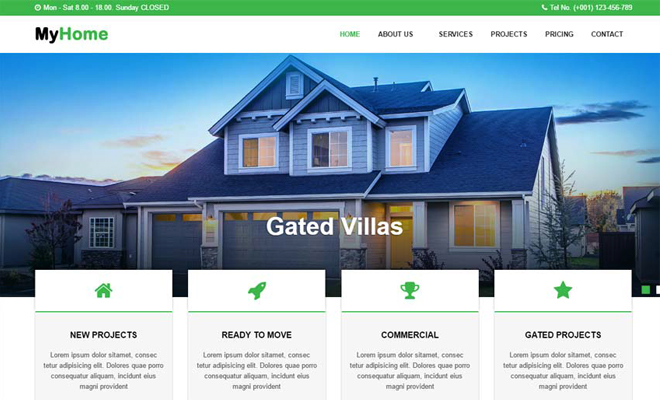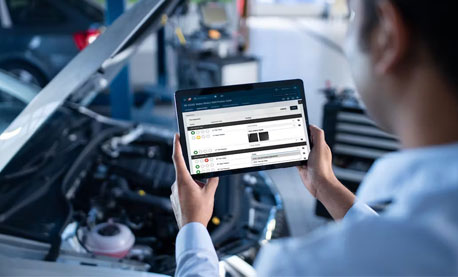The Power of Meeting Room Booking Software
In the modern workplace, time is money and productivity is essential. With back-to-back meetings, finding and managing available meeting spaces efficiently can be a challenge. A Meeting Room Booking Software is a digital solution designed to simplify this task, allowing employees to reserve rooms, avoid double-booking, and ensure space is used effectively.
A meeting room booking system is no longer a luxury, it’s a necessity. With growing hybrid work environments, the demand for intuitive and flexible solutions has increased. The best conference room scheduling software now offers real-time data, mobile access, and seamless integrations, making it an essential tool for any company aiming to boost efficiency and streamline operations.
As we approach 2025, let’s explore the top features, benefits and best practices for choosing the best meeting room booking system software for your office.
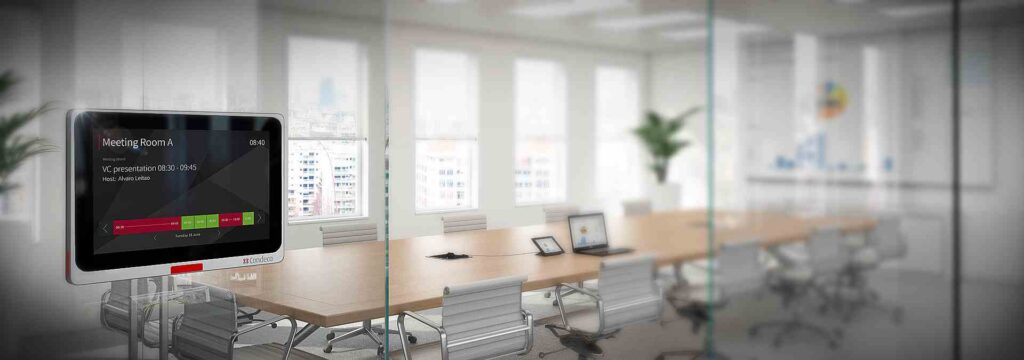
What is Meeting Room Booking Software?
Meeting room booking software is a centralized digital tool that automates the process of reserving meeting spaces. It integrates with calendar systems, sends notifications, and displays real-time room availability, making it easy for employees to book and manage rooms for meetings.
For businesses of any size, this software streamlines operations and reduces conflicts, helping to prevent common issues like double-booking, last-minute cancellations, and unused room space. With features like mobile access and user-friendly interfaces, MRB Systems offer a quick, reliable way for employees to manage room reservations.
Key Features of the Booking Systems
When selecting the best meeting room booking system software for 2025, there are essential features to look for that will optimize office productivity and streamline workflows.
1. Real-Time Room Availability
One of the most critical features is real-time room availability. This allows users to view and reserve available rooms instantly, helping to prevent scheduling conflicts and reducing the risk of double bookings.
2. Calendar Integrations
Most companies rely on calendar tools like Google Calendar or Microsoft Outlook. The best conference room scheduling software will integrate seamlessly with these platforms, allowing users to check room availability and book meetings directly within their existing calendar. This integration is essential for avoiding multiple booking tools and creating a smoother user experience.
3. Automated Notifications and Reminders
Automated notifications help keep employees informed about upcoming meetings, cancellations, or any changes. This feature is particularly valuable in preventing no-shows, which free up rooms for others to use if a meeting is canceled or rescheduled.
4. Mobile Access
With more people working remotely or in hybrid environments, mobile access to meeting room booking software is critical. Employees should be able to book, cancel, and manage reservations directly from their smartphones, enhancing flexibility and convenience.
5. Usage Analytics and Reporting
The best meeting room booking systems include reporting features, which provide insights into room utilization and booking trends. This data can help management optimize space allocation and make informed decisions about office layout, helping businesses maximize their resources.
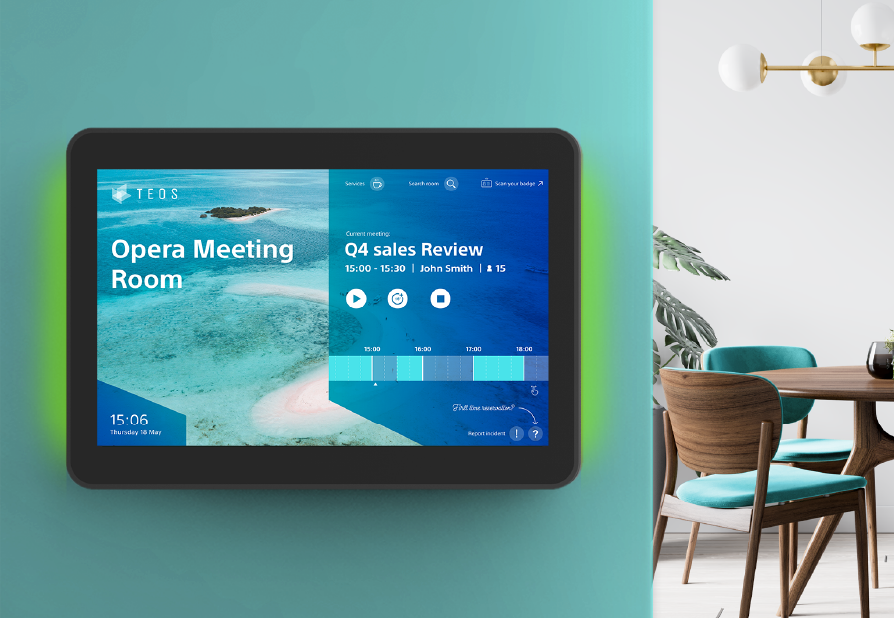
Why Every Business Needs Booking Software
MRB Software provides more than just an easy way to reserve rooms. Here are some key benefits that make it essential for any organization:
1. Increased Productivity
By automating the booking process, this software reduces time spent on manual scheduling, freeing up employees to focus on their work. With fewer scheduling conflicts, meetings start and end on time, leading to better time management across the organization.
2. Optimized Space Utilization
The software allows companies to monitor room usage trends and maximize space utilization. By identifying underutilized rooms or peak booking times, managers can optimize space allocation, ensuring that meeting rooms are used efficiently.
3. Improved Collaboration
When employees can easily find and book rooms, spontaneous meetings and brainstorming sessions become more accessible, fostering collaboration and teamwork. This is particularly beneficial in larger organizations where departments frequently work together on projects.
4. Enhanced User Experience
A smooth, intuitive booking process contributes to a positive user experience. With features like real-time availability, automated notifications, and calendar integrations, employees can reserve rooms without hassle, improving overall workplace satisfaction.
The Best Meeting Room Booking System Software for 2025
In 2025, the best meeting room booking systems will stand out for their advanced capabilities and seamless user experience. Here are some key attributes that set top-tier software apart:
1. Artificial Intelligence for Smart Suggestions
AI-driven meeting room booking software can provide smart room suggestions based on previous bookings, meeting types, and available equipment, making the booking process more efficient.
2. Touchless Technology and IoT Integration
With touchless technology, employees can book rooms using voice commands or motion sensors, minimizing physical contact. Internet of Things (IoT) integration also allows rooms to automatically adjust lighting, temperature, and other settings for each meeting.
3. Voice-Activated Booking
Voice-activated booking options will allow employees to reserve rooms or check availability simply by speaking, adding another level of convenience and ease of use to the booking process.
4. Robust Security and Compliance Features
As data privacy becomes a growing concern, the best booking systems will prioritize security. Look for software that includes end-to-end encryption, GDPR compliance, and role-based access to sensitive data.
How to Choose the Right Meeting Room Booking Software for your Business
Choosing the right meeting room booking system requires careful consideration. Here are some steps to help you make the best decision for your organization:
- Define Your Requirements: Identify your organization’s unique needs, including the number of meeting rooms, required features, and the level of user-friendliness you need.
- Check Compatibility with Current Systems: Ensure that the software integrates smoothly with existing tools, like calendar applications and communication platforms, to create a seamless experience.
- Evaluate Scalability: If your organization is likely to grow or expand, look for a scalable solution that can accommodate more meeting spaces and users over time.
- Request a Demo or Trial: Many software providers offer trials or demos. Take advantage of these to understand the software’s functionality and ensure it meets your needs.
- Assess Customer Support Options: Good customer support is essential. Choose a vendor that offers reliable support to address any technical issues promptly.
Best Practices for Implementing Meeting Room Booking Software
Transitioning to a new meeting room booking system can be seamless with the right approach. Here are best practices to ensure a smooth implementation:
- Communicate Benefits to Employees: Educate employees on the benefits of the software, such as time savings, improved coordination, and ease of use, to encourage adoption.
- Provide Training Sessions: Hold training sessions to familiarize employees with the system. Highlight features like mobile access, calendar integration, and notifications to help users maximize the software’s potential.
- Encourage Consistent Usage: Encourage employees to use the system consistently for all room bookings. This helps ensure that everyone benefits from the software and minimizes scheduling conflicts.
- Monitor and Gather Feedback: Collect feedback to identify any pain points or areas for improvement. Regularly reviewing the software’s effectiveness ensures that it continues to meet the needs of your organization.
The Impact of Meeting Room Booking Software on Hybrid Workplaces
Hybrid work environments, where employees split their time between remote work and the office, have become more common. Meeting room booking software offers crucial support in these settings by:
1. Enabling Flexible Scheduling
Remote employees can easily reserve meeting spaces for collaborative sessions when they’re in the office. The system ensures that rooms are available when needed, supporting an agile and flexible work schedule.
2. Reducing Office Footprint
With analytics on room usage, companies can identify underused spaces and determine if they need to reduce their office footprint. This can lead to cost savings and more efficient space management.
3. Supporting Remote Collaboration
Meeting room booking software often includes integrations with video conferencing tools. This allows remote team members to join meetings seamlessly, improving communication and productivity in a hybrid setting.
Future Trends in Meeting Room Booking Software
The best meeting room booking systems in 2025 will continue evolving to incorporate new technologies that make booking spaces even more intuitive and efficient:
1. AI-Driven Analytics and Forecasting
AI will enable better forecasting by analyzing booking patterns and providing data-driven recommendations for optimizing room usage. This will help organizations adapt to evolving space needs.
2. Advanced Touchless Technology
Touchless interfaces and voice-activated commands will become more prominent, providing a hygienic way to manage bookings and further enhancing the user experience.
3. Integration with Smart Office Systems
IoT-connected devices will allow meeting rooms to adjust settings automatically based on room reservations, such as changing lighting, temperature, or layout. This feature enhances comfort and reduces energy waste.

Transform Your Workplace with Meeting Room Booking Software
Investing in meeting room booking software is essential for businesses looking to optimize space usage, streamline operations, and enhance productivity. The right system can transform how employees manage meeting spaces, minimize scheduling conflicts, and improve collaboration, all of which are critical for success in today’s dynamic work environment.
By choosing the best meeting room booking system software for your organization, you’re taking a step toward a more efficient and productive workspace. With technology rapidly advancing, the future of meeting room booking software promises even more innovative features to support agile, flexible, and efficient workplaces.
FAQs
1. What is meeting room booking software?
Meeting room booking software is a tool that allows employees to reserve meeting spaces, manage schedules, and optimize room usage.
2. How does meeting room booking software benefit productivity?
The software automates bookings, reduces scheduling conflicts, and provides real-time availability, saving time and enhancing efficiency.
3. What features should I look for in the best meeting room booking systems?
Key features include real-time availability, calendar integrations, mobile access, and analytics for space utilization.
4. Can meeting room booking software support hybrid work?
Yes, it enables remote and in-office employees to coordinate meetings, ensuring rooms are available and supporting flexible work arrangements.
5. Is meeting room booking software secure?
Yes, most systems offer data security features such as encryption and role-based access control to protect sensitive information.



